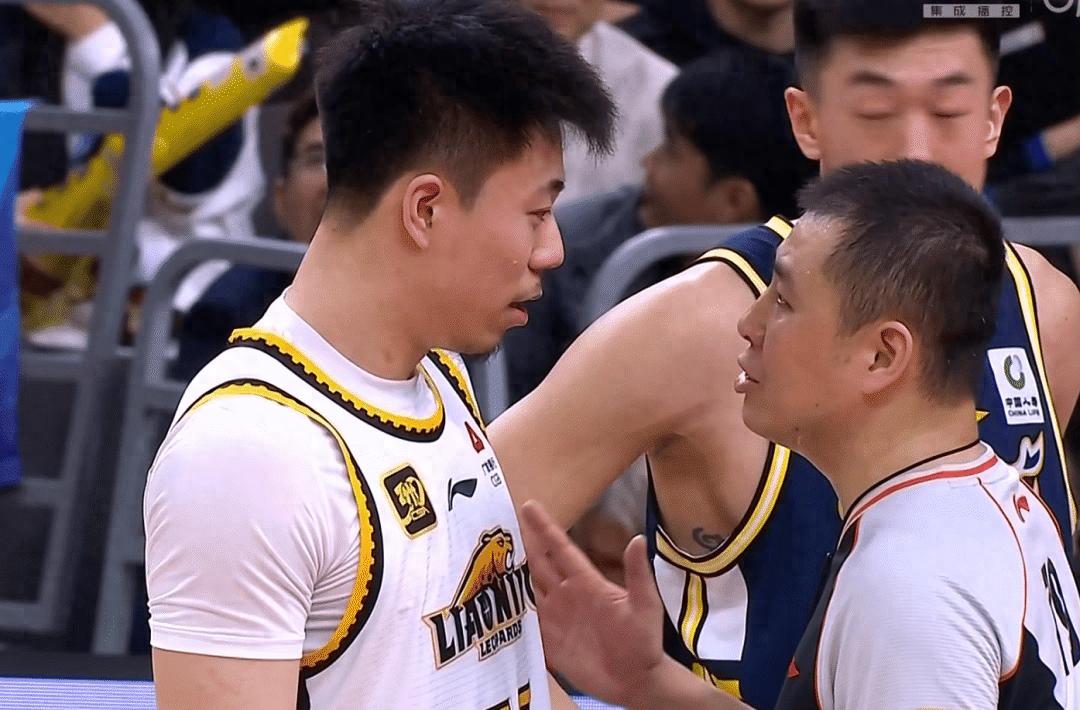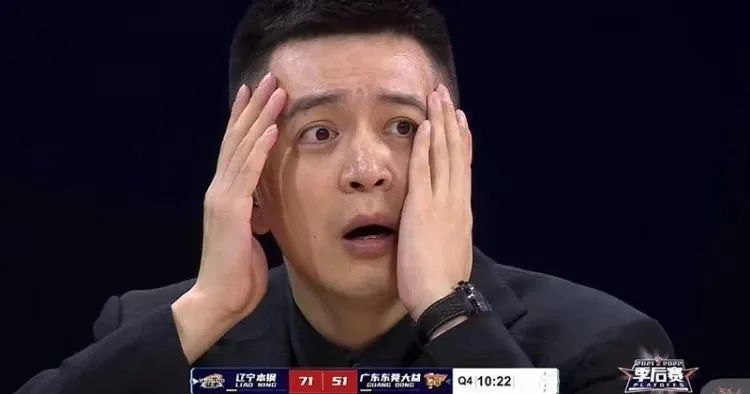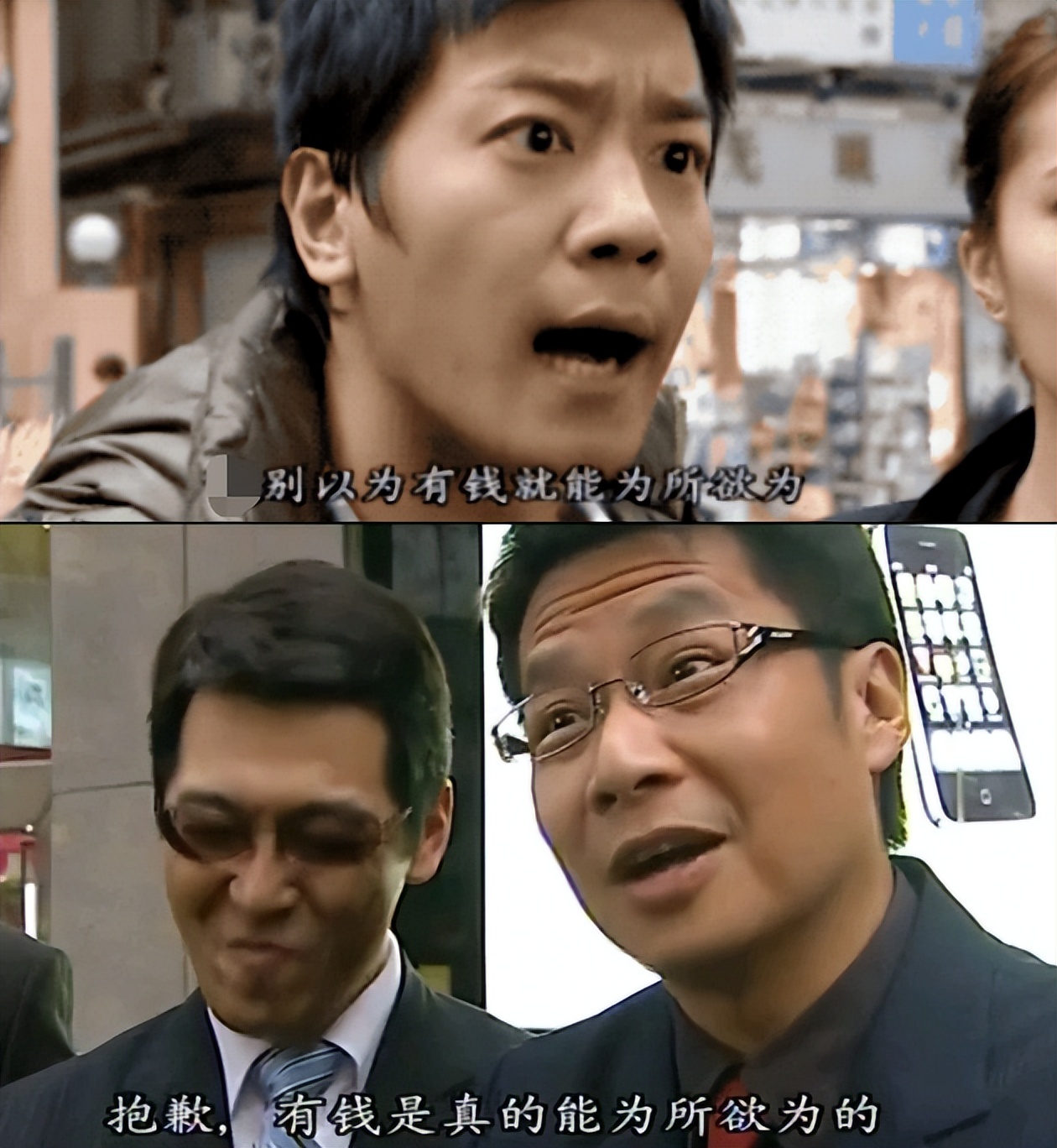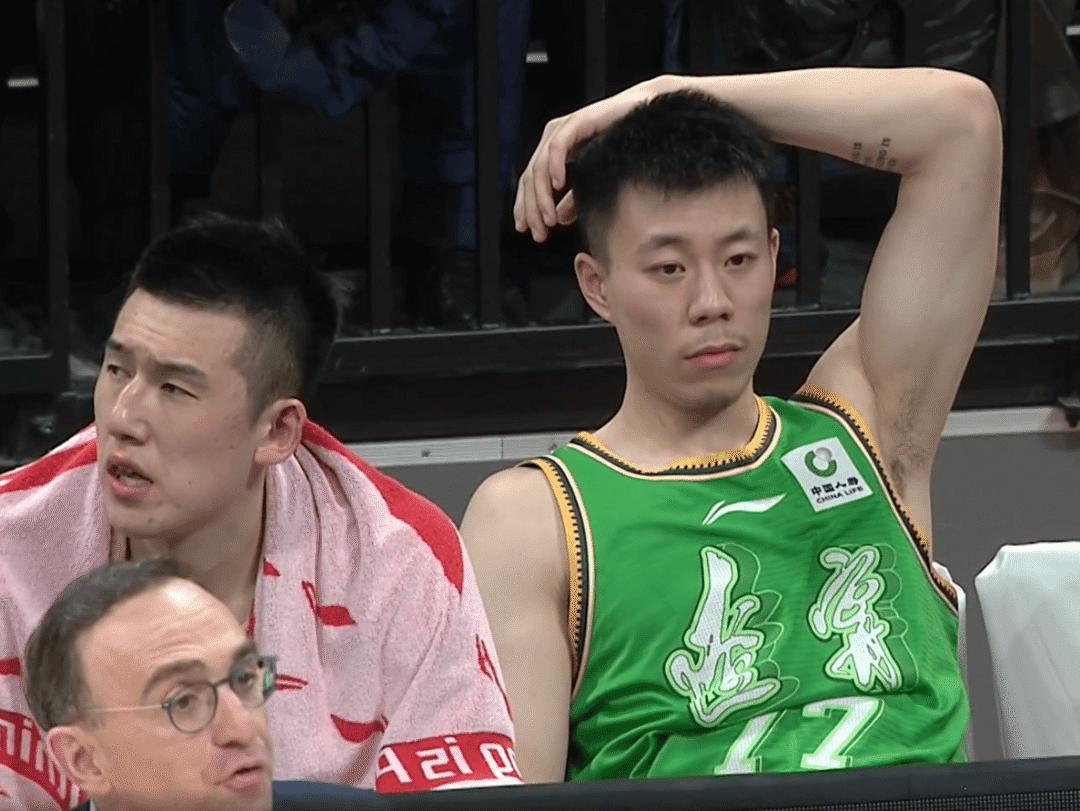Another major trade in the CBA! Zhang Zhenlin is joining Shanghai! The reasons behind it go beyond basketball!
Liaoning men's basketball team has traded Zhang Zhenlin to the Shanghai Jiushi team, with Shanghai paying a significant transfer fee (specific amount not disclosed) and sending two young players.
Zhang Zhenlin’s remaining one-year Class B contract with Liaoning will be transferred to Shanghai, and he will subsequently sign a Class D maximum salary contract.
Although neither team has officially announced it yet (announcement is close), this deal is almost set in stone.
The CBA has once again witnessed a major trade.
What is Di Ge’s opinion on this?
This is not only a choice in Zhang’s personal career plan but also a reflection of the CBA’s commercialization trend.
From a personal perspective, he needs to consider his family and his future development. Moving to an international metropolis is a great option.
Something I’ve wanted to say for a long time, now I can express it: judging by Zhang Zhenlin’s mental state on the court last season, he already had intentions to leave; it wasn’t just injuries, but a loss of personal fighting spirit.
During his time with Liaoning, he played 178 regular season games and 44 playoff games over five seasons, averaging 14.9 points, 5.1 rebounds, and 2.8 assists per game, helping the team achieve three consecutive championships (2022-2024) and win the National Games gold medal.
In terms of contribution, as a main wing player, he definitely meets the standard for jersey retirement...
Many Liaoning fans are shocked and reluctant about his departure, which is understandable from an emotional standpoint.

However, from a broader perspective, this isa reflection of the CBA’s commercialization wave.
Let’s not discuss the trade itself or analyze Shanghai’s championship prospects.
Let’s talk about something bigger.
Ten years ago, it would have been almost impossible for a player of Zhang Zhenlin’s caliber to change teams. From clubs to sports bureaus, letting go was unlikely.
Why have trades become more frequent in recent years?
When analyzing an issue, you can’t just look at the event itself.
Yesterday, Lao Di said: the transfer market seems lively, but in reality, it’s state-owned teams waving money around.
Currently, which CBA teams are state-owned?
Shanghai, Shougang, Beikong, Shanxi, Shandong, Qingdao.
These six teams all made the playoffs last season.
In professional sports, money isn’t everything, but not spending money is absolutely impossible...
When fans praise player movement, have they considered what happens to brand value when only six state-owned teams remain competing in an arms race?
State-owned teams can offer players more than just maximum salaries.
Therefore, they must have greater appeal.
Yang Ming mentioned this on a show when talking with Ma Jian.
“Coach Ma, how can private and state-owned teams compete? Do you think Chen Yingjun could join Liaoning?”

Looking at the current environment, only the home teams have resources left.
If Zhejiang Guangsha trades Hu Jinqiu or Sun Minghui in the future, no one should be too surprised.
They won their first-ever team championship and Zhejiang basketball’s first title this year despite huge financial pressure, which is commendable and will earn them rewards.
But the question is: the team’s ability to generate income is limited, and how motivated are the owners now?
If such trades happen, chances are the teams acquiring Hu Jinqiu will also be state-owned teams.
Most private CBA clubs’ parent companies operate in real estate or related industries. Economic downturns have tightened real estate funding, making it hard to continuously support clubs financially.
So the only option is cutting costs, trading key players... to survive first, then plan for growth.
Having players to sell is already a good situation.
For example, Zhang Zhenlin brought a considerable transfer fee to Liaoning.
If a team shows strong interest in another player, Liaoning can also let him go, provided the transfer fee is “substantial.”
Think about it: even Liaoning’s men’s basketball team, a prominent sports brand strongly supported by the sports bureau and with a very active fan base, has to take this step. What about other teams?
Don’t be surprised if some teams dissolve or are forced to withdraw in the future.
Because basketball has already gone down this path, just like football did before...

Guangdong fans don’t need to mock Liaoning, and Liaoning doesn’t need to mock Guangdong; both are private teams and both face challenges.
The CBA Liaoning-Guangdong rivalry that everyone cherishes might soon become history.
Behind this, there are clear marks of the times.
For example, how did Guangdong Hongyuan rise? It was the country’s first private basketball club.
Back then, Uncle Lin was wealthy and loved basketball.
He attracted many players from Liaoning, Hubei, Jilin, and Hebei. To maximize earnings, they didn’t even need official roster spots. A representative figure is Li Chunjiang, the founder of the Hongyuan dynasty.
The rise of Guangdong Hongyuan was essentially driven by Guangdong’s economic boom as a frontier region.
When the economic environment was good, running a club was just advertising for the parent company nationwide; the money earned wasn’t actually from basketball.
Now, those who understand know the current state of real estate...
Therefore, our sports scene is very unique.
You can’t view these big trades through the NBA lens.
Then what perspective should you use?
Learn more about the path Chinese football has taken...



Wonderfulshortvideo
User GameGladiator has posted a video.








 Links
Links
 Contact
Contact
 App
App


